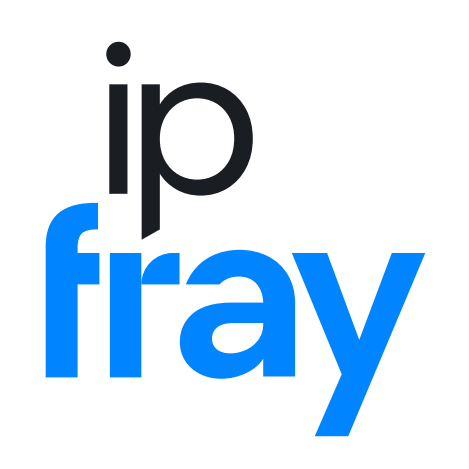Context: As mentioned yesterday in connection with a decision limiting intervenor’s rights to bring invalidity counterclaims (May 6, 2024 ip fray article), the Unified Patent Court (UPC) publishes not only final judgment and similar post-trial decisions, but also orders during the entire build-up to trial.
What’s new: Late on Monday, the UPC’s Mannheim Local Division published virtually identical orders in three parallel Panasonic v. Xiaomi cases (PDF (in German)), showing that at least some Local Divisions fully intend to stick to the German practice of severing claims against defendants domiciled in non-EU jurisdictions in order to avoid that delayed service of process impacts the resolution of claims against EU-based defendants that are served swiftly. The procedural basis under the UPC’s RoP is Rule 303.2.
Direct impact: Three Panasonic v. Xiaomi cases in Mannheim can now proceed without having to await service of process to Chinese legal entities. New cases numbers will be assigned to the severed claims. Foreseeably, the court will then to try rejoin the proceedings ahead of trial in terms of holding only one trial. The arguments will be the same.
Wider ramifications: So far all of the UPC’s case management decisions, and also a decision like yesterday’s highly debatable denial of an intervenor’s right to bring a nullity counterclaim, consistently show a commitment to the swift adjudication of cases.
In the three cases at hand, there were two sets of defendants:
- EU-based defendants: Xiaomi Technology Germany GmbH (Dusseldorf), Xiaomi Technology France S.A.S. (Boulogne-Billancourt), Xiaomi Technology Italy S.R.L. (Milan), Xiaomi Technology Netherlands B.V. (The Hague), Odiporo GmbH (Willich, Germany) and Shamrock Mobile GmbH (Willich. Germany).
- Non-EU-based defendants: Xiaomi Inc. (Beijing), Beijing Xiaomi Mobile Software Co. Ltd. (Beijing), Xiaomi H.K. Limit (Hong Kong) and Xiaomi Communications Co. Ltd. (Beijing).
The EU-based defendants already have a counsel of record: Freshfields’ Dr. Corin Gittinger. According to the order, Freshfields objected to Panasonic’s motion (lead consel: Kather Augenstein’s Christopher Weber) to sever claims and in their opposition brief declared not to have a mandate (at this stage) to represent the other entities. Meanwhile, Panasonic’s lawyers furnished the necessary translations and started international service of process on the non-EU-based defendants under the Hague Convention.
The Presiding Judge of the Mannheim LD and judge-rapporteur on these cases, Judge Dr. Peter Tochtermann (who has been a full-time UPC judge ever since the new court started and also had the time to participate in the Paris LD decision ip fray discussed yesterday), sided with the plaintiff, given that service of process on the non-EU defendants could “take a considerable amount of time.”
Judge Dr. Tochtermann not only separated the claims against non-EU defendants from those against EU-based defendants, but also made the distinction between the People’s Republic of China in a strict sense and the Hong Kong special administrative region. As a result, each of the three Panasonic v. Xiaomi cases before the Mannheim LD has now been divided into three: one for EU-based defendants, one for mainland China-based defendants, and one for Hong Kong-based defendants.
Should service of process take unreasonably long, the UPC Mannheim LD may treat the matters as if service of process had been effectuated (according to the final paragraph of each of the orders).
